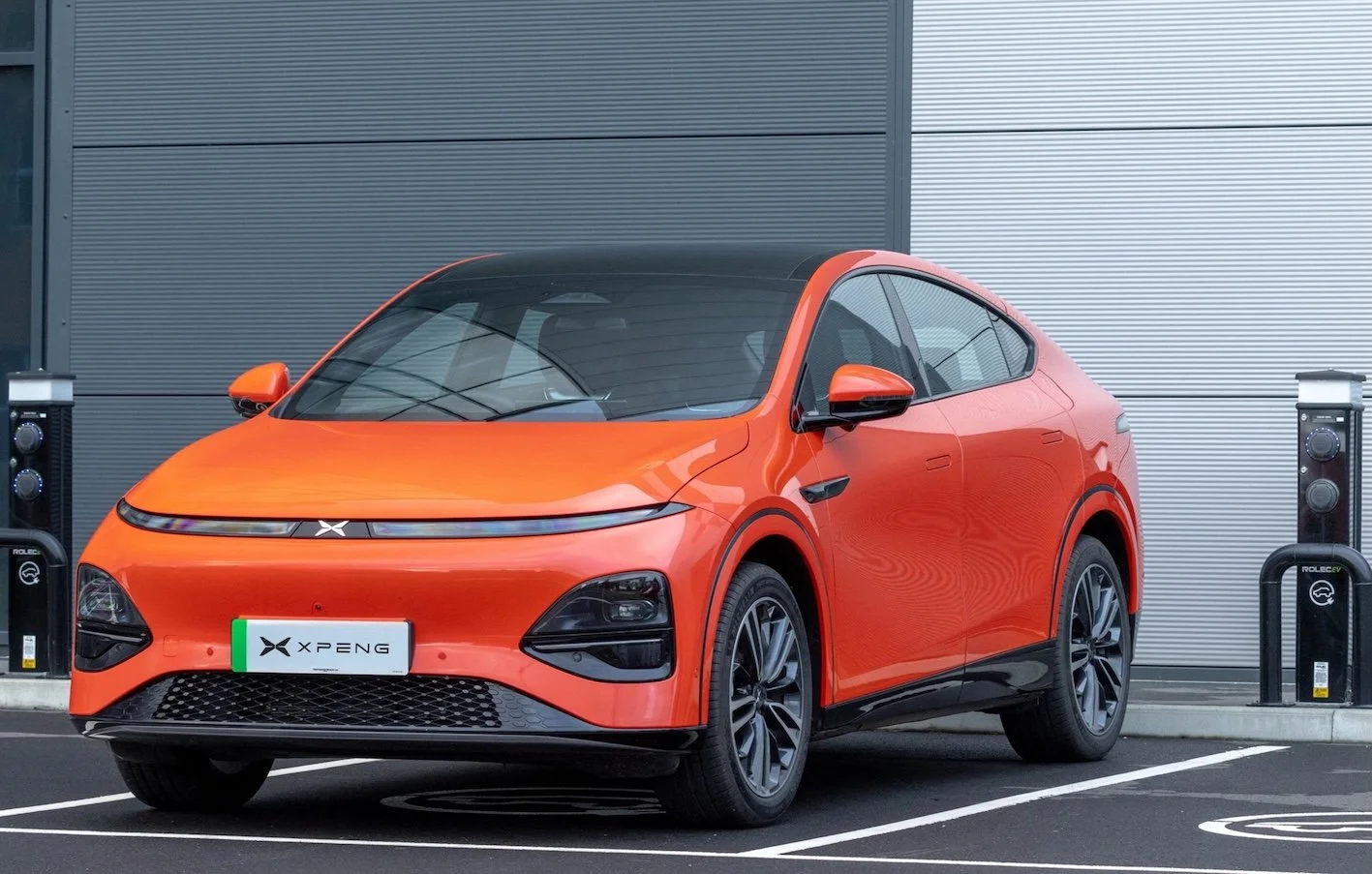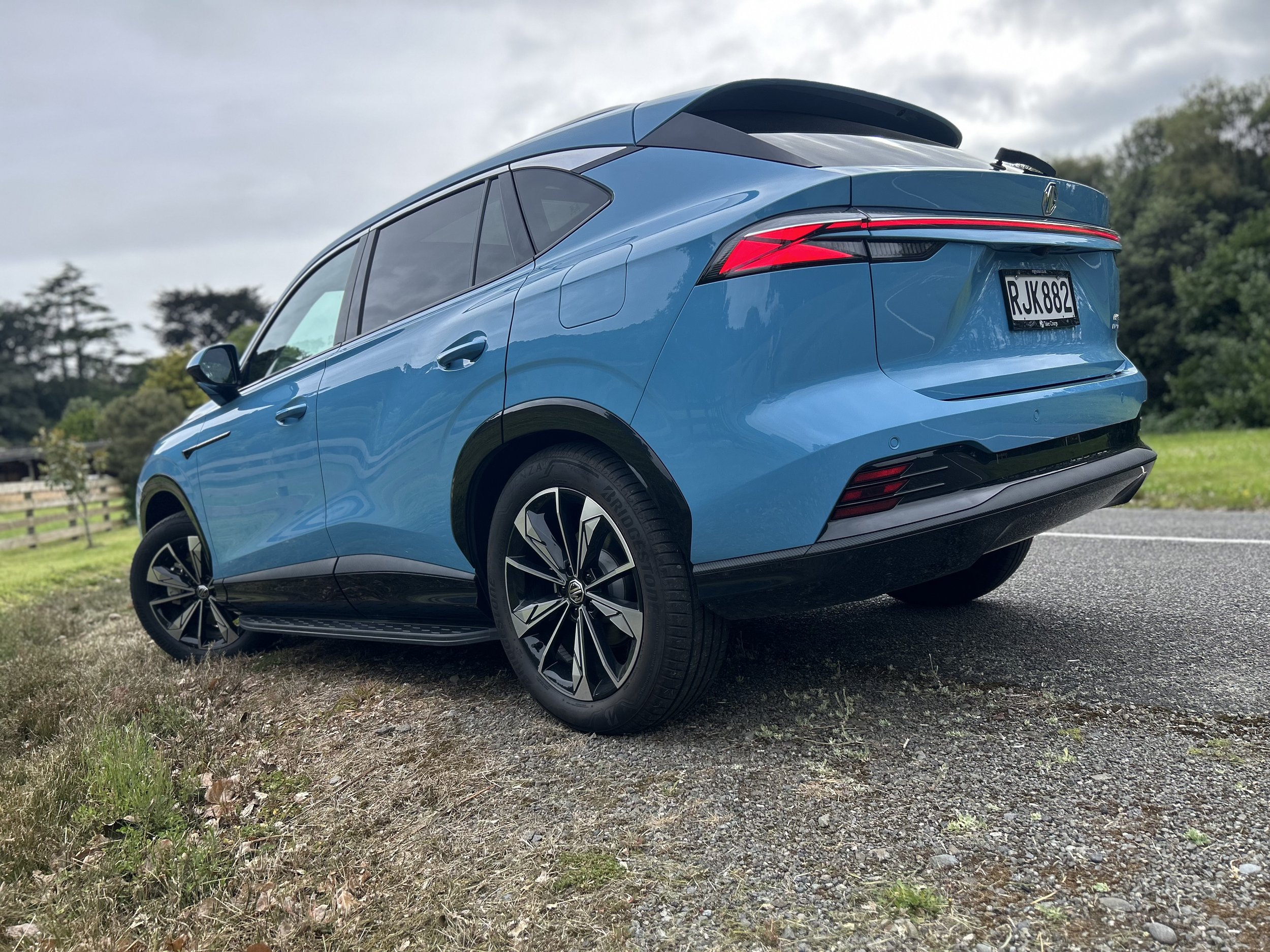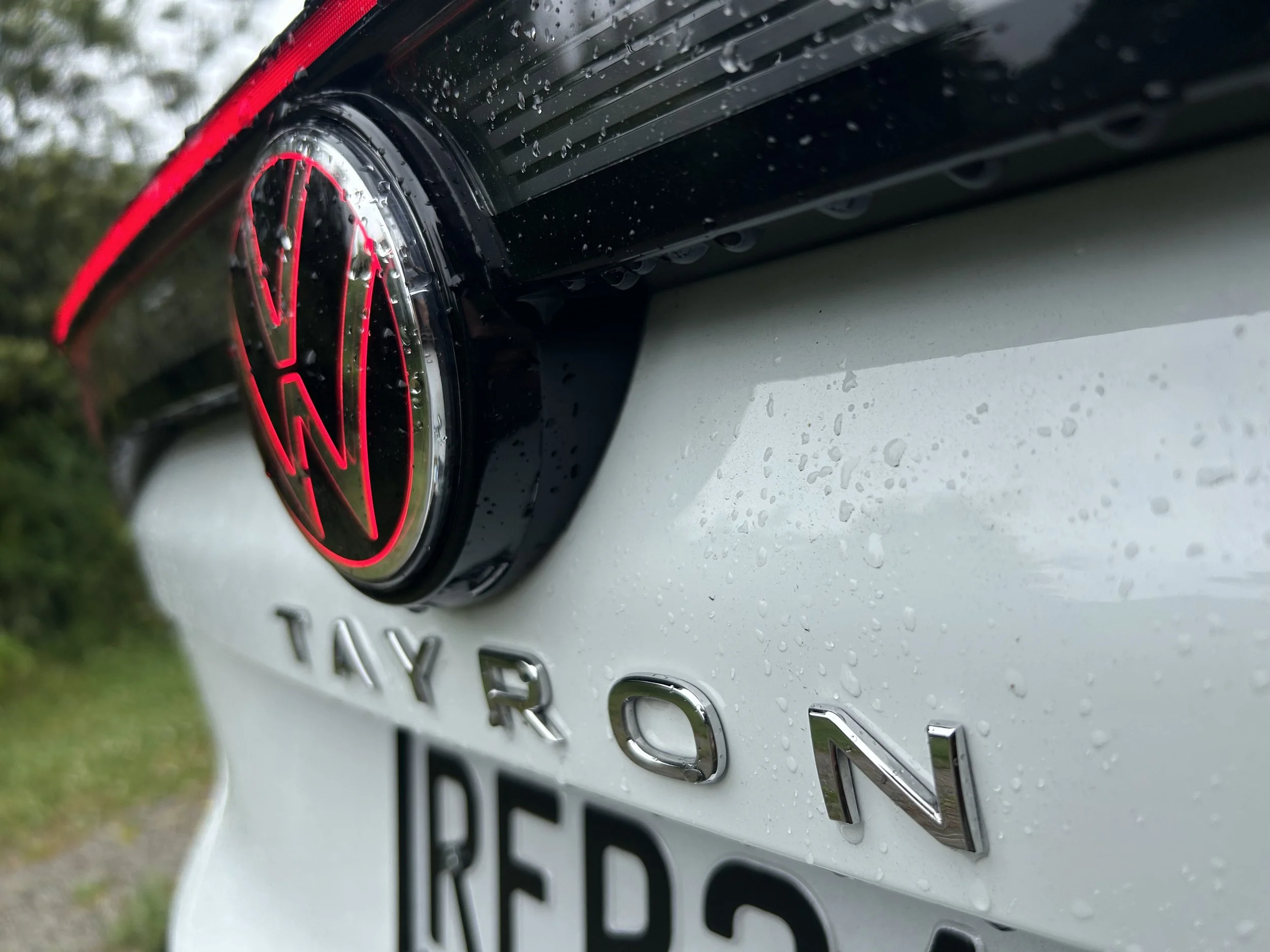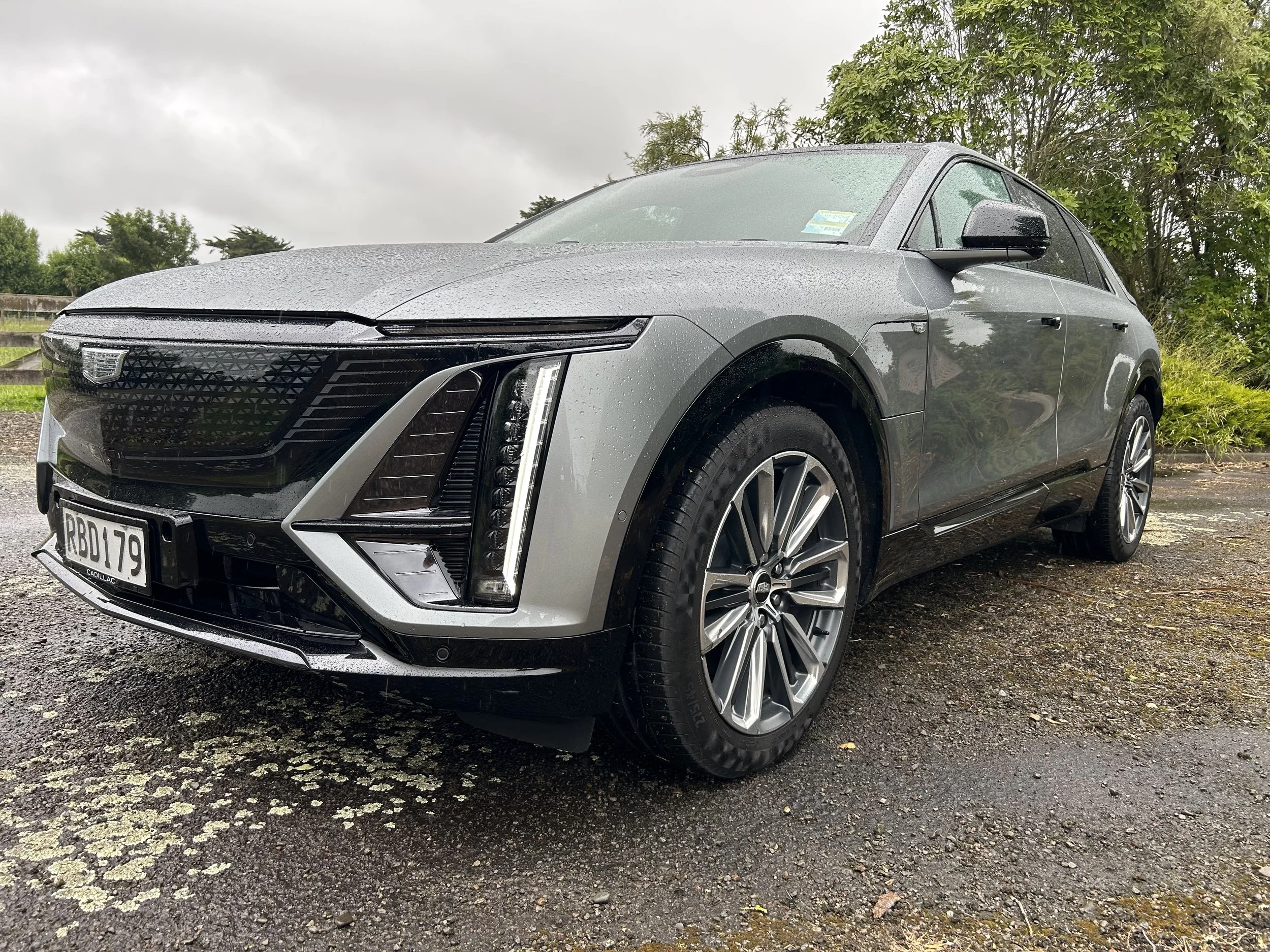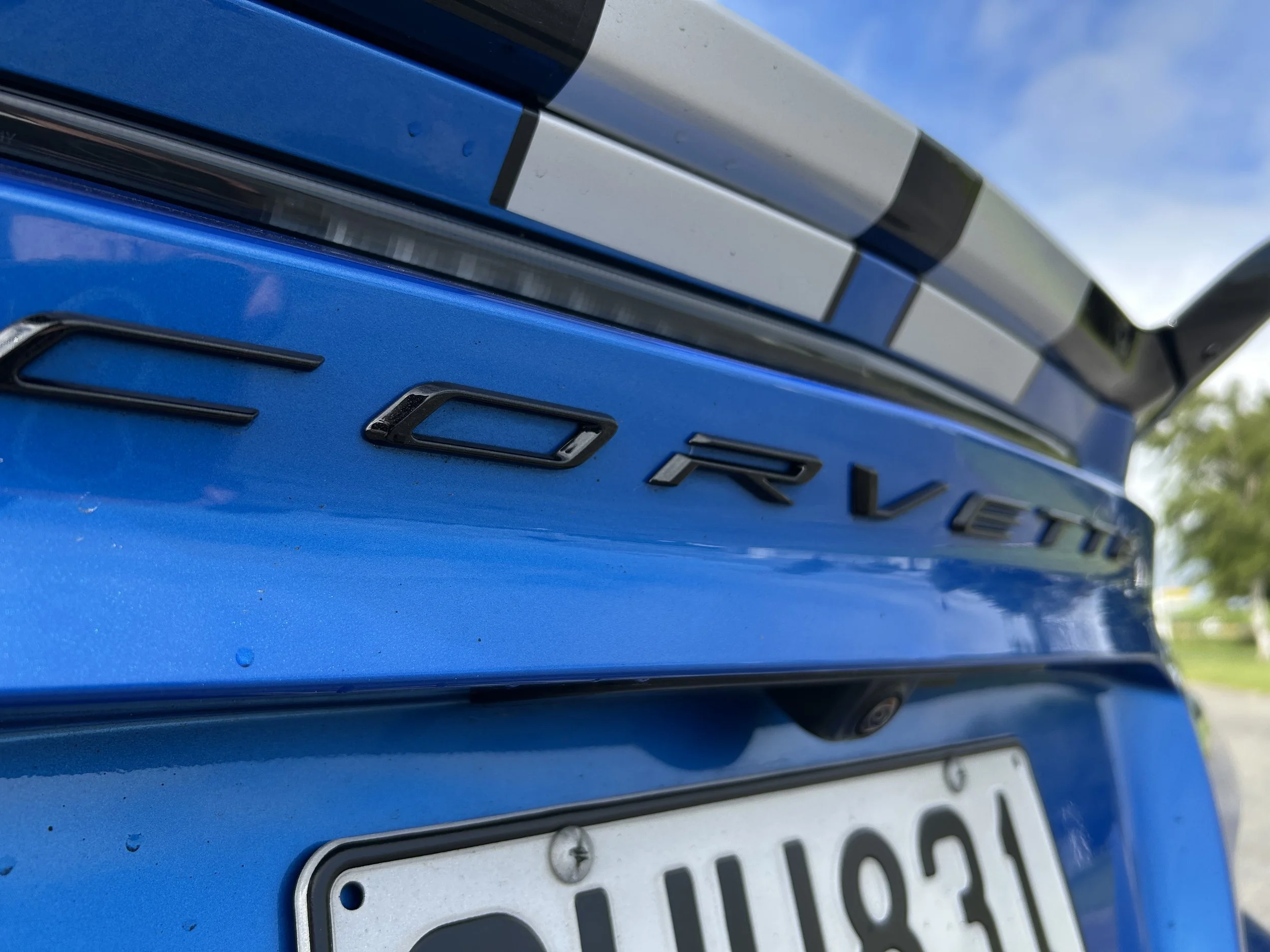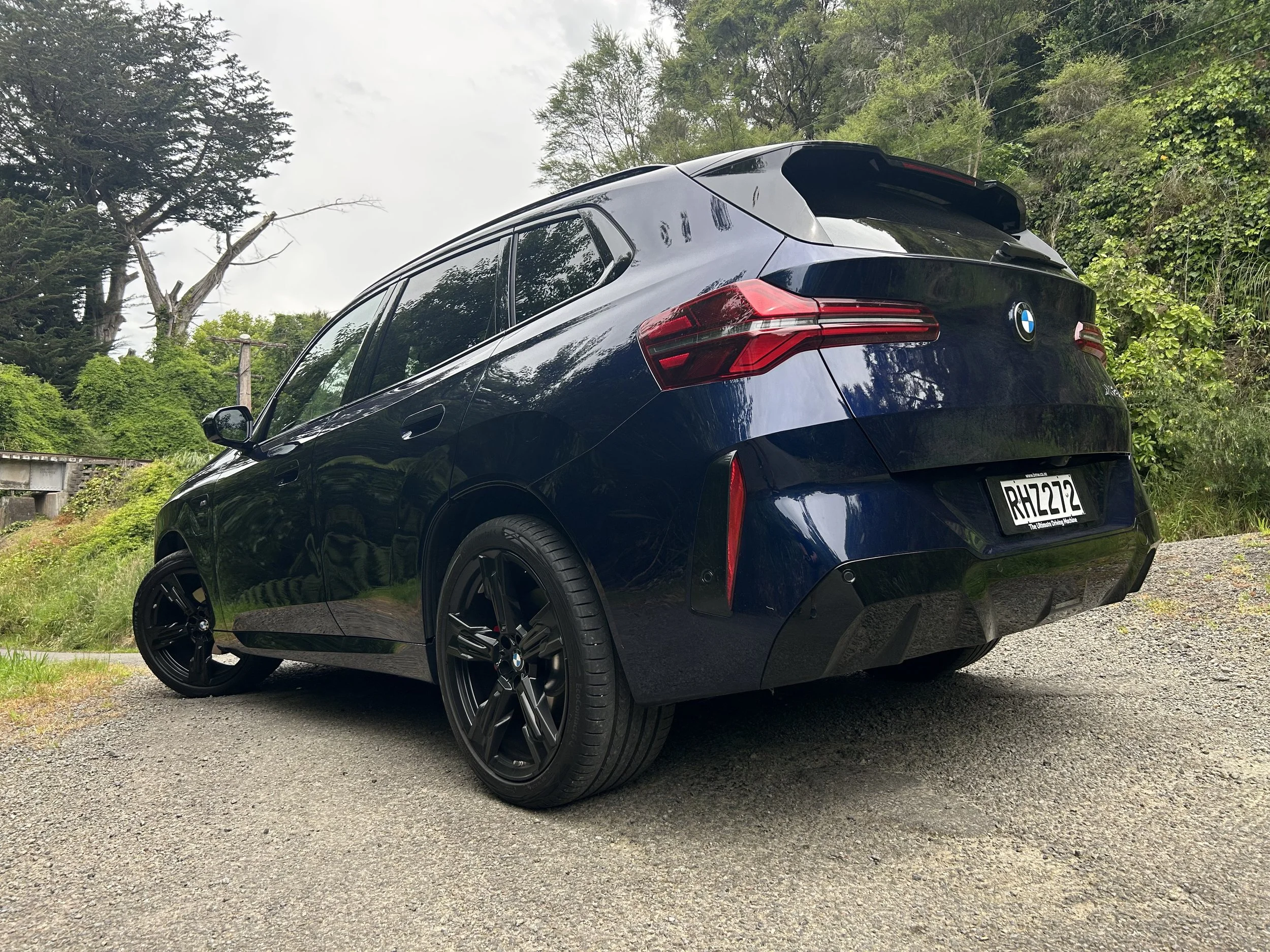RESPONSE from within the motor industry about the ramifications of Government plans to move on its election promises to clean up transport emissions has been swift.
The Motor Industry Association, which represents the interests of new vehicle importers, light vehicle market leader Toyota New Zealand, the Automobile Association – which styles itself as the voice of New Zealand motorists – and Drive Electric, a pressure group pushing for more EVs, have all spoken up since Government today announced the first tranche of measures that it said would help New Zealand's 2050 carbon neutral target.
Already car distributors are arguing that a deadline of 2025 for a clean air emissions standard of just 105 grams per kilometre is too much, too soon. It wants the deadline to be extended to 2030, which is more in line with many other countries.
As is, the ruling could almost certainly make the sale of large capacity, fuel-hungry cars uncompetitive and might also be a hefty challenge to the ongoing availability of one-tonne utilities, a favoured vehicle type, in their current formats as these traditionally operate with diesel engines whose emissions are universally above 200g/km.
Among reported initiatives are something like the "feebate" scheme proposed last year, with Government saying it is considering an incentive to switch to clean cars.
Prime Minister Jacinda Ardern said with transport making up the country's second-highest amount of emissions after agriculture it was "important we reduce emissions from our vehicle fleet", according to a report from Radio New Zealand news.
The report also cited Transport Minister Michael Wood as saying the government had agreed in principle to mandate a lower-emitting biofuel blend across the transport sector.
It has also outlined its plan to only purchase zero emissions public transport buses from 2025, and a $50 million commitment to help councils fully decarbonise the public transport bus fleet by 2035.
Legislation will also be passed this year to introduce a Clean Car Import Standard.
"The standard will begin next year, with the 105 grams of CO2/km 2025 target being phased in through annual targets that get progressively lower to give importers time to adjust.”
It is understood the terms of this will mean that vehicles with emissions that exceed this will be subject to penalty, likely a tariff, that would likely make those vehicles more expensive to buy.
Those below the line escape this, but do not appear to earn credits, as has occurred in some countries, where similar systems are enacted. Credits are used to encourage transfer to cleaner vehicles, notable those with mains-replenished (as opposed to hybrid) electric drivetrains acting to assist a fossil fuelled engine or completely drive a vehicle.
Car industry data relating to average exhaust emissions by brand suggest just Tesla, for obvious reason, is below the standard proposed by Government. Even Suzuki, which specialises in vehicles with modest capacity engines delivering strong economy, has a fleet-wide CO2 average of 130g/km.
"The Import Standard will prevent up to 3 million tonnes of emissions by 2040, mean more climate-friendly cars are available, and will give families average lifetime fuel savings of nearly $7000 per vehicle," Mr Wood said.
He said the government was also considering options for an incentive scheme "to help Kiwis make the switch to clean cars", saying that there would be further announcements in the coming months.
The Government proposed a "feebate" scheme last term, but New Zealand First pulled the handbrake on this, following intense backlash from the National Party.
Climate Change Minister James Shaw said these measures were a "good first step", but there would need to be "many more steps taken after this one".
Ms Ardern said the government would finalise its first three carbon budgets later this year, following advice and recommendations from the independent Climate Change Commission.
The MIA’s chief executive, David Crawford, reminded his organisation has long supported “well thought out and constructive policies that will lead to an increased rate in the reduction of CO2 emissions from the light vehicle fleet..”
In respect to today’s announcement, he said: “We welcome the Government’s commitment to introduce incentives and await more details on how these will work.
“However, while we believe the fuel economy standard is necessary, the speed at which we must reach the average target of 105g/km is the most aggressive and severe in the world. No other country has ever had to face a 40 percent rate of reduction in five years that we now must meet.”
The industry will urge the Government to extend the target date to 2030, a sentiment also expressed by Toyota NZ chief executive Neeraj Lala, who called the target “a tough ask.”
TNZ and luxury affiliate Lexus had a target to reduce tailpipe emissions to 152g CO2/km and 178g CO2/km respectively by 2030. Toyota’s hybrid car sales increased from 1636 in 2017 to 12,210 in 2020 and more hybrid and plug-in hybrid models will be launched this year. The makes’ first electric car, the Lexus UX 300e, is set to launch this year.
Mr Crawford said the 2025 target date “does not allow time for model development, vehicle sourcing arrangements and does not recognise that for many distributors in New Zealand their model choice is tied to the Australian market.
“With no similar policy required in Australia, our market, which represents just 0.018 percent of new vehicle production in any one year, is too small for manufactures to develop models just for us.”
The MIA also wants the rules to be the same for both new and used imported vehicles. The policy at present allows softer penalties for the latter. Mr Crawford believes this “will lead to an increase in older, less safe vehicles entering New Zealand.”
The AA has also expressed many of the same concerns.
“The proposed emissions target for 2025 is an aspirational target that may not be achievable,” says spokesman Mark Stockdale.
“We understand the intentions behind it and our members want to see more low-emissions vehicles available here.
“But the risk is that this target could simply result in higher prices for new cars that still don’t meet the emissions standard. That could even result in people holding onto their older, higher emissions car for longer.”
The biofuels mandate appeals. “The emissions standards focus on the approximately 300,000 vehicles entering the fleet every year, but we also need to reduce the emissions from the existing fleet of some 4.6 million vehicles. Biofuels are one way to do that.”
The AA says it supports a feebate which would complement an emissions standard. “Other countries have both an emissions standard and a feebate scheme, and their experience shows that both work to reduce emissions from new vehicles entering the fleet.”
The AA also wants a broader fleet strategy developed by the government and motor industry to devise an action plan to reduce transport emissions and also improve the safety of the fleet.
DriveElectric chair Mark Gilbert says standards proposed for 2025 have already been met in other comparable markets, like the European Union and Japan “and must be achievable here."
“The standard is a useful tool in that it asks importers to look at the portfolio of vehicles they are importing, which should increase low emissions choice across a range of vehicle types and price points. With more EVs coming into New Zealand, this also increases the second-hand market over time.
“That said, such a standard is really just a first step towards managing a transition away from fossil fuel vehicles and towards no emissions vehicles.”
The organisation believes that to meet New Zealand’s legislated climate ambition, which is to keep global warming within 1.5 degrees Celsius, “our analysis shows we need to aim for at least 250,000 EVs on the roads by 2025, and for this trend to continue through to 2030.”
It argues Government needs to look to announcing a date by which NZ ends the importation of fossil fuel vehicles entirely.
“To support such ambition, we need a joint plan between the Government and industry to ensure we have the right package of policy settings, the necessary investment in charging infrastructure, and coordination among all the players through the EV ecosystem - from the grids, to electricity retailers, to car importers, councils and property developers.
“Policies that need to be considered include incentives, adjustments to fringe benefit taxes and depreciation, and investment to ensure we are ready for more at-home charging and public charging.”






